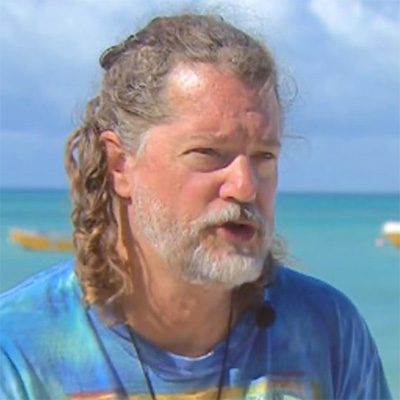
Paul Sikkel
Research Professor, Marine Biology and Ecology
Rosenstiel School of Marine, Atmospheric and Earth Science
pcs75@miami.edu
Dr. Sikkel’s marine research program focuses on two linked symbiotic interactions: 1) Tick or mosquito-like parasites called gnathiid isopods that feed on fish blood; and 2) The interaction between cleaner fish that remove these and other external parasites from the bodies of fishes. While the foundation of our work is ecological, it has strong relevance to biomedical research. For example, gnathiid isopods, like ticks and mosquitos that transmit diseases to humans, transmit similar potential disease-causing organisms to fishes, the stem vertebrates. Thus, gnathiid-fish interactions represent an alternative model system for the study of human immune responses to bites by blood-feeding arthropods and to the disease-causing organisms for which they serve as vectors and can thus inform development of vaccines against such diseases such as malaria. Also, like humans, these isopods also undergo ontogenetic shifts in diel activity patterns as they age, changing from morning-active to night-active. While cleaner fish are best known for their role as parasite consumers, they have other impacts on their hosts. These include reduction of stress hormone levels, wound healing, and changes in the microbiome of their clients. Understanding the mechanisms behind this can contribute to new therapies for stress reduction and wound-healing in humans.
Keywords: gnathiids, blood-feeding, disease vectors, stress reduction, wound-healing




